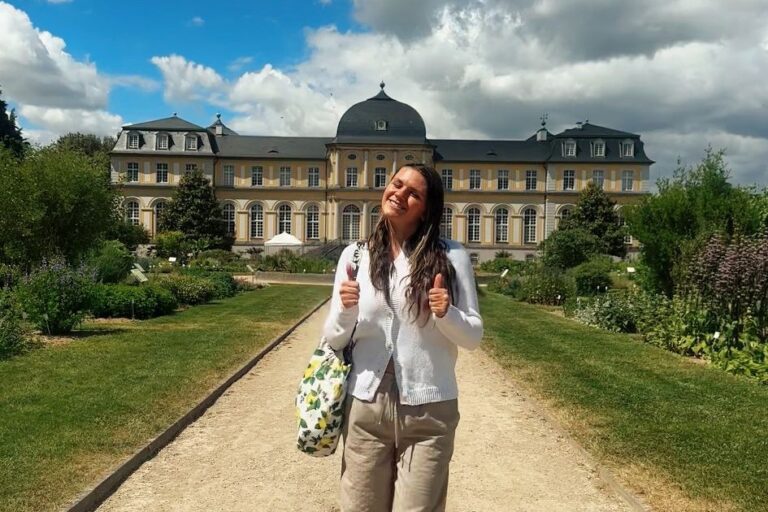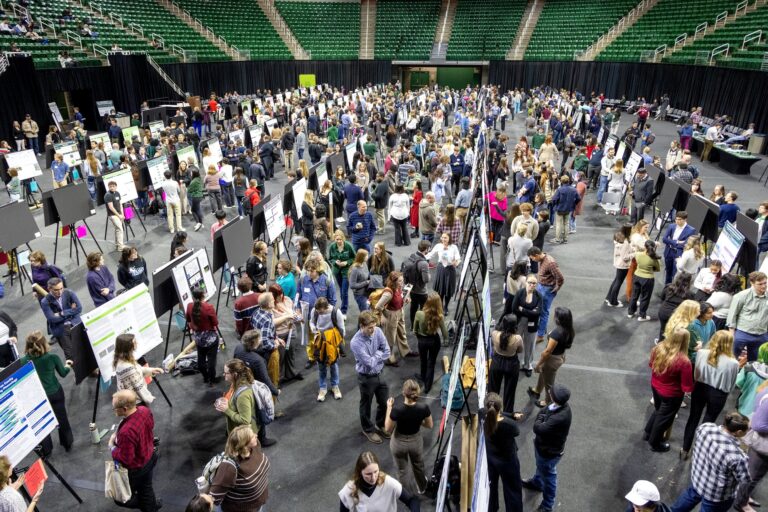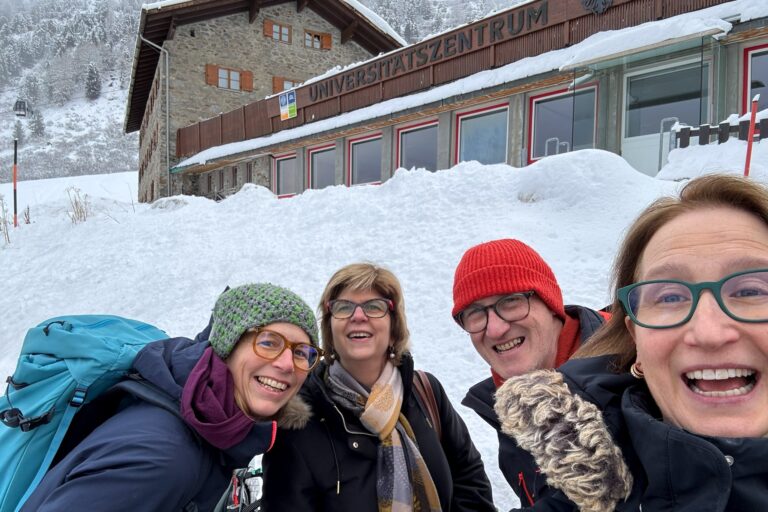Michigan State University’s Center for Language Teaching Advancement (CeLTA), housed in the College of Arts & Letters, was awarded a U.S. Department of Education grant to create a national language resource center that will enhance and support the teaching of less commonly taught languages (LCTLs) nationwide.
The National Less Commonly Taught Languages Resource Center (NLRC) will help establish MSU as a leader in the LCTL field. The new center is being created with support from a four-year grant totaling over $675,000 from the U.S. Department of Education’s Title VI Language Resource Centers (LRC) program.
CeLTA was one of only 16 centers across the country to receive funding from the Title VI LRC program for FY 2022-2026. The purpose of the competitive grants is to establish, strengthen, and operate centers to improve the nation’s capacity for teaching world languages. This is the first national language resource center to focus broadly on LCTLs.

Recognizing the pressing national need for access to high-quality language teaching and learning materials in today’s global society, CeLTA proposed the idea of the NLRC to support and develop LCTL education by offering professional learning opportunities, creating open and innovative instructional resources, and forging strategic collaborations at the inter-institutional level.
“The NLRC will operate as a truly national center. It builds on the innovative work we have already done here in CeLTA and at MSU in the area of LCTL education,” said Dr. Felix Kronenberg, Director of CeLTA, who will serve as Principal Investigator (PI) on the grant and as Director of the NLRC. “We plan to identify and meet urgent needs in LCTL instruction, connect diverse stakeholders, build communities of practice, and create and provide access to valuable resources through broad dissemination efforts.”
“We plan to identify and meet urgent needs in LCTL instruction, connect diverse stakeholders, build communities of practice, and create and provide access to valuable resources through broad dissemination efforts.”
Dr. Felix Kronenberg, Director of the NLRC
The NLRC will build on the foundation laid by several grant initiatives at Michigan State University, including the $3.7 million Less Commonly Taught and Indigenous Languages Partnership, an inter-institutional initiative funded by the Andrew W. Mellon Foundation and housed in CeLTA that focuses on improving instruction for LCTLs and Indigenous languages.
Funding for the NLRC will support projects in three core areas: professional development, strategic collaboration, and instructional resources.
The NLRC will offer high-quality professional development opportunities to enhance instruction capacity in LCTL education, including an Online Language Teaching (OLT) Initiative, virtual video-based inquiry for development of LCTL teachers, faculty learning community, and collaborative professional development.

To expand access to LCTL education, the NLRC will leverage existing LCTL sharing models and create new ones, including a LCTL strategic collaboration pilot and language program consulting, for sharing expertise and pursuing inter-institutional strategic collaborations that strengthen dependability and sustainability of LCTL offerings.
The NLRC also will generate and widely disseminate a diverse range of high-quality, open access, and innovative teaching and learning materials for LCTLs, based on identified needs in the field. The materials will include LCTL downloadable online open resources, local LCTL assessment templates, and Teach-a-LCTL resource guides
“The range of projects, along with the strengths of the various colleagues that will serve in this center, will provide innovative leadership and transformative practices in LCTL teaching and learning in the United States.”
Dr. Emily Heidrich Uebel, Associate Executive Director of the NLRC
In addition, the NLRC will bridge its three focus areas by conducting a needs analysis to inform the activities of the center and by providing a critical avenue for dissemination of project and center information, for collaboration amongst LCTL instructors and administrators, and for exchange of ideas.
“Since our projects focus on supporting LCTLs in a language-agnostic way, the resources that we create will be able to serve a wide variety of language educators,” said Dr. Emily Heidrich Uebel, Associate Executive Director of the NLRC. “The range of projects, along with the strengths of the various colleagues that will serve in this center, will provide innovative leadership and transformative practices in LCTL teaching and learning in the United States.”
The NLRC will begin its operations on Aug. 15, 2022. For more information, visit the NLRC website (nlrc.msu.edu), which will continue to be updated with additional information.
Written by Kim Popiolek


